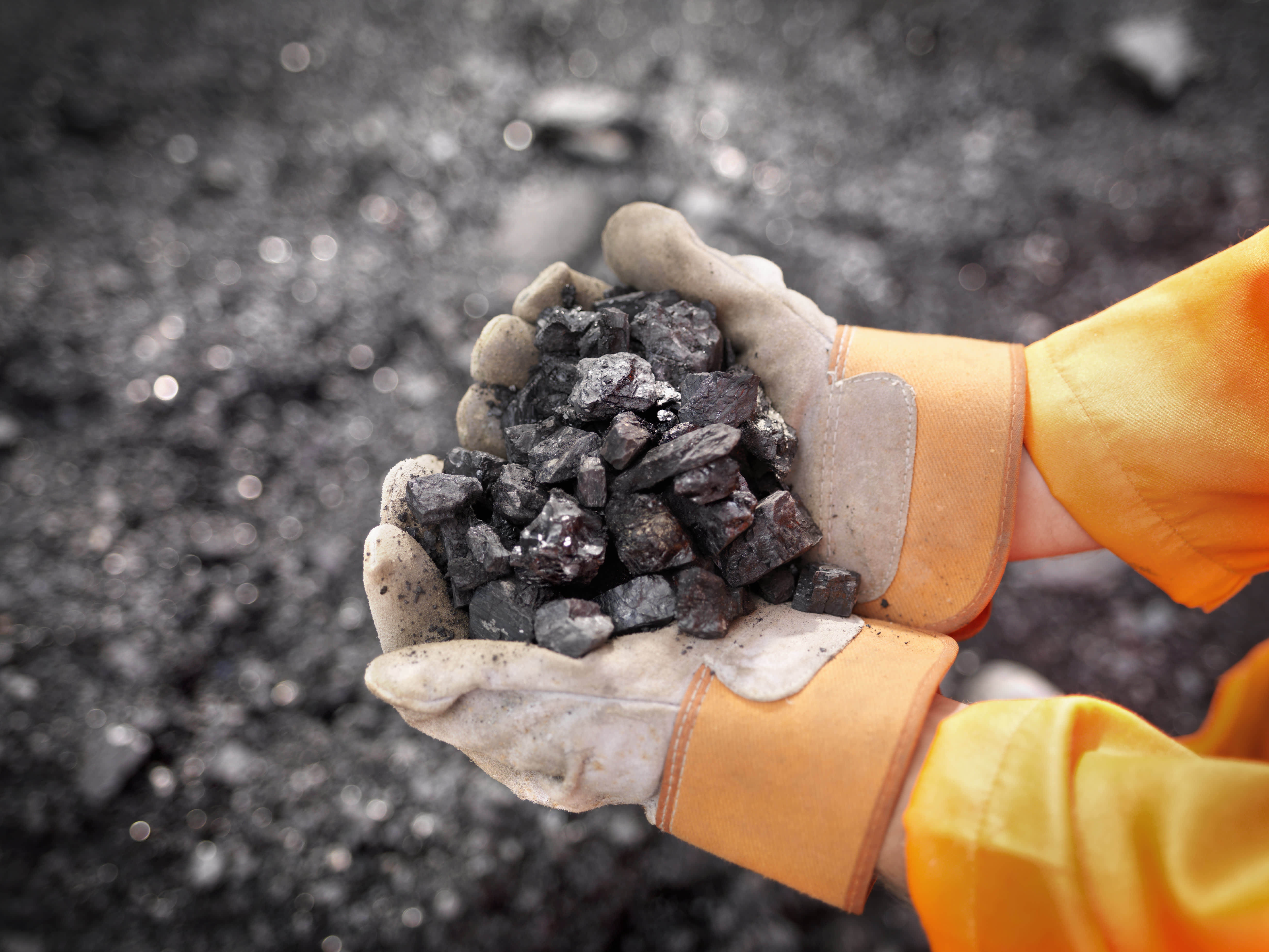A project aiming to harness geothermal energy from disused, flooded coal mines in the northeast of England took another step forward this week after it was given planning permission for an initial testing phase.
In an announcement Monday, South Tyneside Council said the development would “draw geothermal energy from abandoned flooded mines in the former Hebburn Colliery.” The Hebburn Colliery opened in the late 18th century and shut down in 1932.
The idea is that the project will heat buildings owned by the council, which is working on the project alongside Durham University and the U.K.’s Coal Authority.
The U.K.’s abandoned mines could well prove to be a useful source of geothermal energy — which the U.S. Department of Energy describes as a “vital, clean energy resource” — in the years ahead.
As the Coal Authority notes, “when underground mines are abandoned, the pumps that kept them dry are often switched off and the mines fill with water.”
Geological processes heat the water, it adds, and the temperature stays stable throughout the year.
In Hebburn, two wells are to be drilled to take water from the mines, with tests undertaken to make sure the project is viable.
If all goes to plan, a water source heat pump will eventually be used to “extract the heat from the minewater before it is compressed to a much higher temperature.” Drilling works and well construction are slated to be finished by the fall.
“Work will start on the testing phase of this project without delay,” Tracey Dixon, who is the leader of South Tyneside Council, said in a statement issued Monday.
Dixon added that the project, which will benefit from more than £3.9 million ($5.48 million) in funding via the European Regional Development Fund, was “expected to deliver a reduction of 319 tonnes of carbon emissions a year.”
The U.K. has a long association with coal mining, but the industry’s decline has hit many communities hard and is an emotive subject.
In recent times, plans for a new coal mine in Cumbria, in the northwest of England, have generated a great deal of debate, not least because the U.K. is set to host the COP26 climate change summit later this year. The project’s fate is still to be determined.
The Hebburn Colliery project is one of several in the U.K. looking to introduce new energy technologies to old coal mining sites.
In March, it was announced that a coal mine turned waste depot in the northeast of England would undergo a retrofit utilizing a range of sustainable technologies and design features.
The project to update the Morrison Busty depot in County Durham will center around the construction of a 3 megawatt solar farm that will power the site’s operations.
In addition, electric vehicle charging points will be integrated into the development’s design, while a battery storage system will also be built.
The depot, which is located in the village of Annfield Plain, traces its roots back to the 1920s, when it was known as the Morrison Busty Colliery. The coal mine closed down in 1973.
